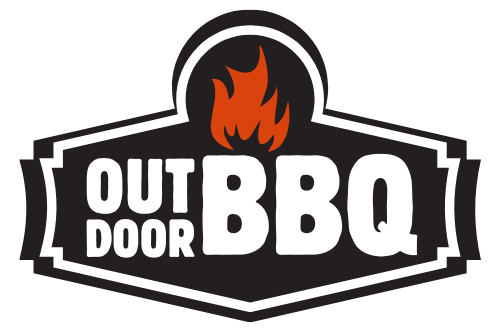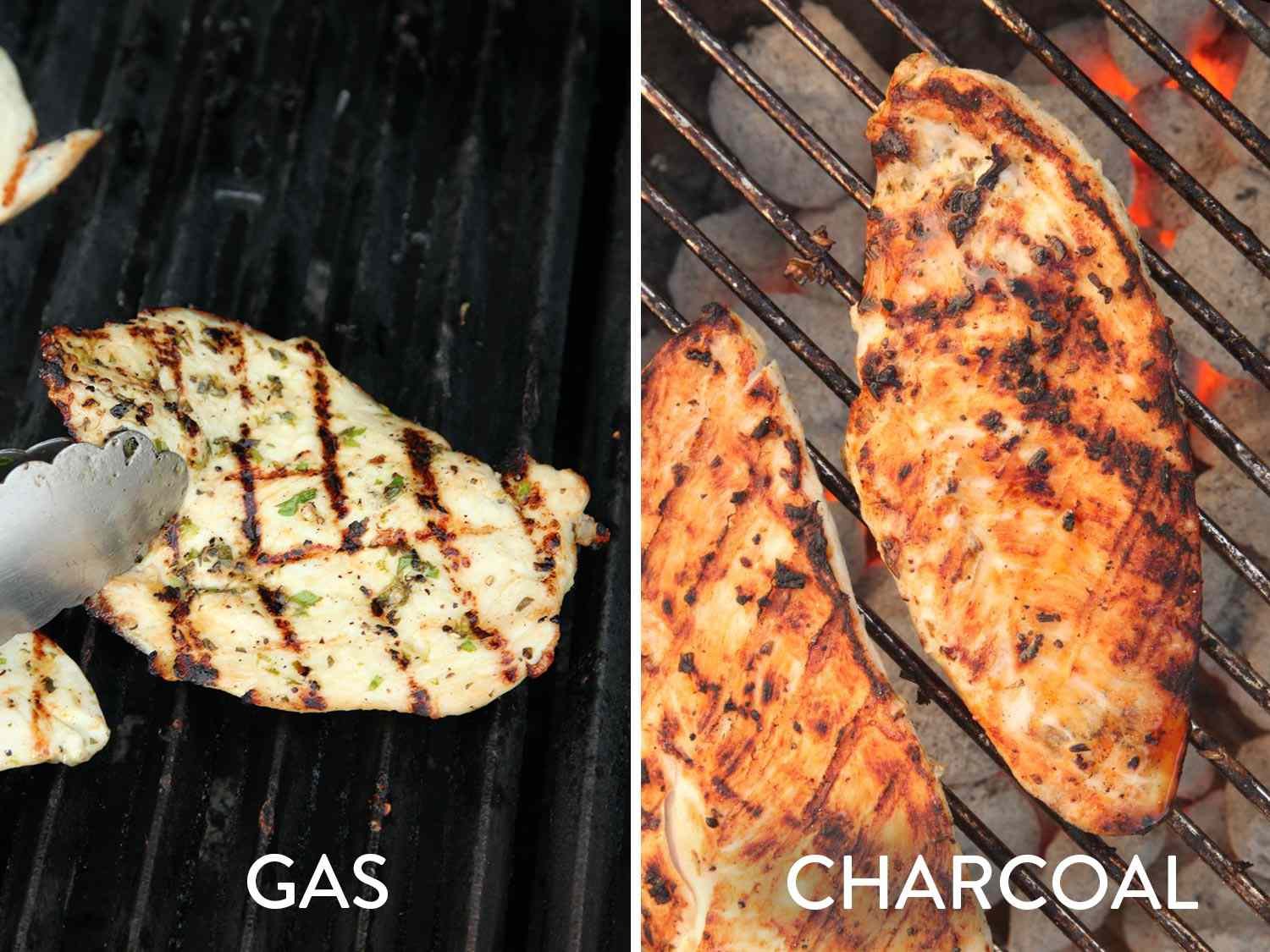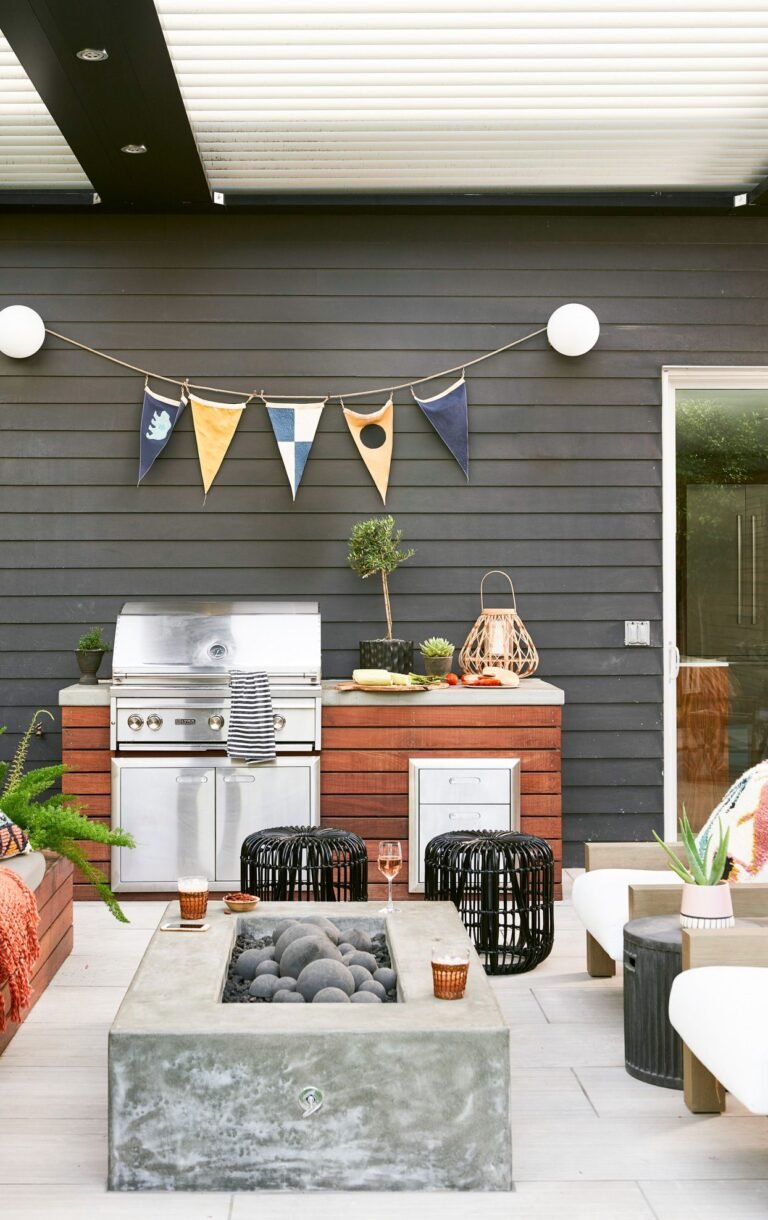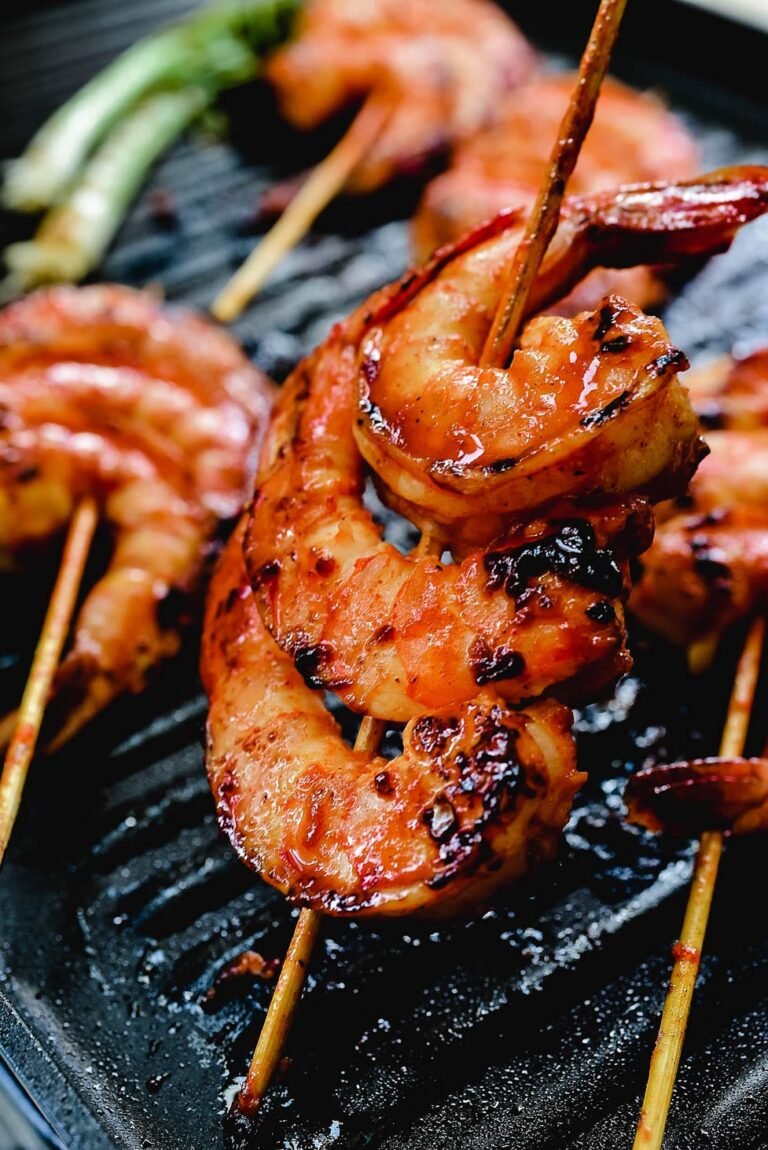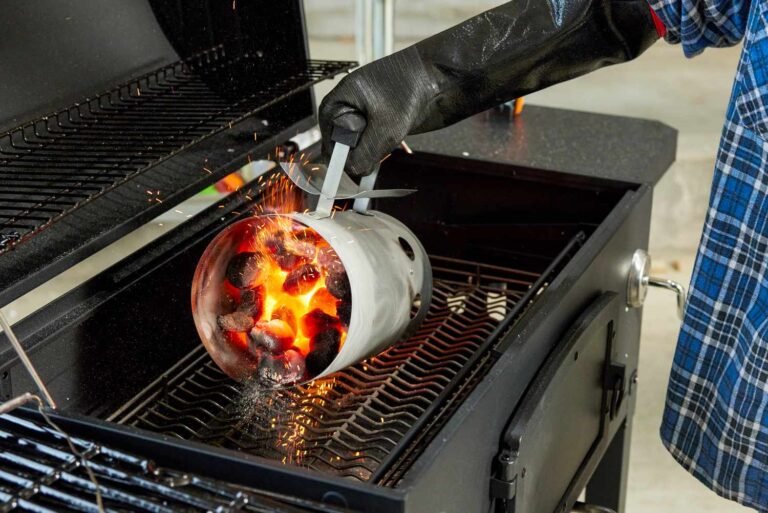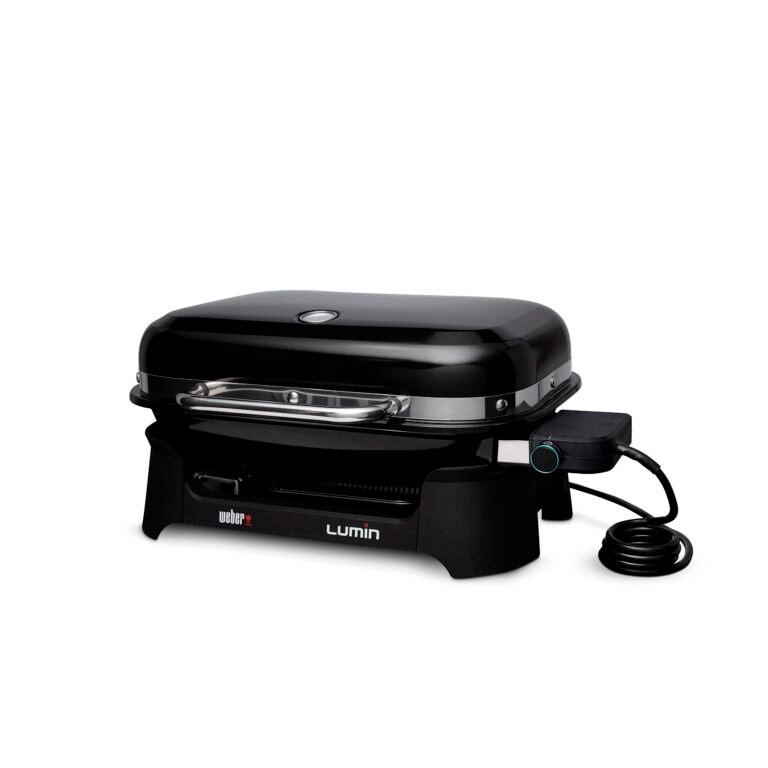Grilling enthusiasts often debate between charcoal and gas grills. Each type offers a unique cooking experience.
Deciding between charcoal and gas grills isn’t just a matter of taste—it’s about convenience, cost, and the flavors you crave. Charcoal grills are known for that smoky flavor that’s hard to replicate. Gas grills, on the other hand, offer quick heat-up times and easy cleanup.
For those ready to invest in a new grill, or curious about the differences, this comparison is crucial. Charcoal fans praise the rich, smoky aroma that seems to seep into every bite, while gas grill aficionados love the speed and temperature control. The choice can impact your cooking style, your meals, and even your weekend plans. This post dives into the heart of the charcoal versus gas grill debate, aiming to help you find which grill might be your perfect backyard companion. Grill masters, casual cooks, and food lovers—let’s explore what sets these grilling giants apart.
Introduction To Grilling Preferences
Grill enthusiasts often face a tough choice. It’s between the smoky flavor of charcoal and the convenience of gas. Personal taste, lifestyle, and budget play a role. Let’s explore what sets these grilling methods apart.
The Eternal Debate: Charcoal Vs. Gas
Grilling purists swear by charcoal. They love the rich, smoky taste it imparts on food. Gas grill fans point to the ease of use and quick heat-up time. The debate rages on with no clear winner.
Factors Affecting Grill Choice
- Flavor Profile: Charcoal offers a smoky taste. Gas grills provide a cleaner flavor.
- Prep and Cook Time: Gas heats up fast. Charcoal takes more time to get ready.
- Temperature Control: Gas allows easy adjustments. Charcoal requires skill to manage heat.
- Cost: Charcoal grills are often less pricey. Gas grills can be an investment.
- Convenience: Gas grills are easier to clean. Charcoal results in more ash and residue.
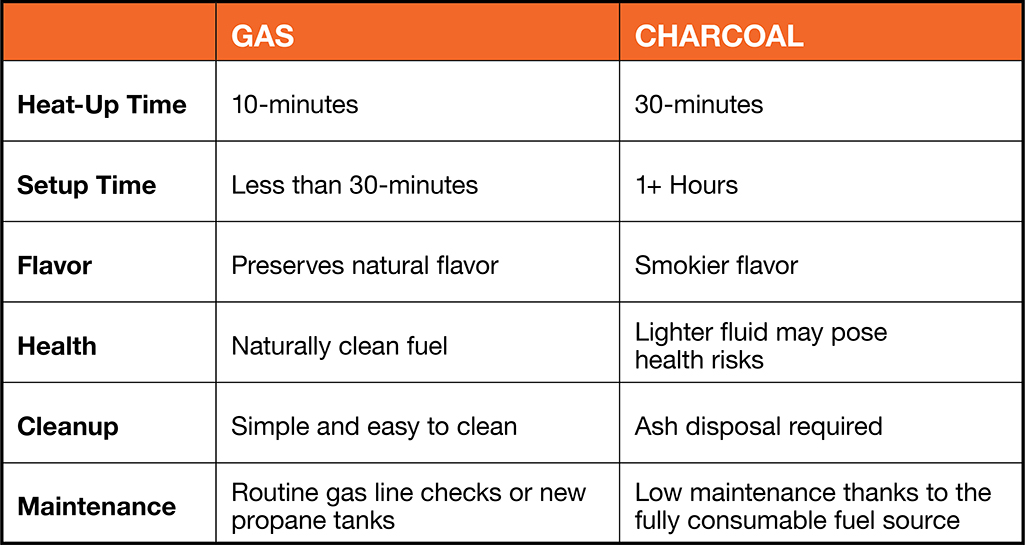
The Charcoal Grill Experience
The Charcoal Grill Experience brings a classic touch to outdoor cooking. It is all about the authentic taste and the joy of grilling. Let’s dive into the pros and cons of using a charcoal grill.
Pros Of Cooking With Charcoal
- Rich Flavor: Food gets a smoky taste.
- High Heat: Perfect for searing meat.
- Affordable: Charcoal grills cost less.
- Portable: Easy to move and set up.
Cons Of Charcoal Grilling
- Time-Consuming: Takes longer to start.
- Messy: Cleaning ash and coal is hard.
- Temperature Control: Hard to keep steady heat.
- Smoke: Can be too much for some people.
The Gas Grill Advantage
Grilling enthusiasts often debate the merits of charcoal versus gas grills. Gas grills offer convenience and control, making them a popular choice for many. Let’s dive into the reasons that make gas grills a go-to option for backyard chefs.
Benefits Of Gas Grilling
One of the main benefits of gas grilling is the ease of use. With the turn of a knob, the grill ignites and reaches the desired temperature quickly. There’s no need to wait for charcoal to heat up or to manage the flames. Gas grills provide consistent heat, which is key for evenly cooked meals. They also make it simple to cook at different temperatures. This means you can sear a steak on high heat while veggies cook on a lower setting. Clean-up is a breeze with gas grills. There’s no ash to dispose of, just a simple wipe down after use. For those who grill often, the convenience of gas can’t be overstated.
Another advantage is the fuel source. Propane tanks used in gas grills last through many cookouts. They are easy to replace or refill at local stores. Gas grills often come with extra features. These include side burners, rotisseries, and built-in thermometers. These features enhance the grilling experience.
Downsides To Consider
Despite the benefits, gas grills have some downsides. They tend to be more expensive than charcoal grills. The initial investment can be a factor for some buyers. Gas grills also miss out on the smoky flavor that charcoal provides. Many grill purists argue that gas grills can’t match the taste of charcoal-cooked food.
Gas grills are also less portable than charcoal grills. They are often heavier and require a propane tank. This makes them less ideal for tailgating or camping trips. Safety is another consideration. Gas grills must be used with caution as the fuel is highly flammable. Proper maintenance and care are essential to prevent accidents.
In summary, gas grills excel in convenience, temperature control, and ease of cleaning. Yet, they may lack the authentic flavor and portability of charcoal grills. Each grill type has its place in the world of outdoor cooking. Choosing the right one depends on personal preference and grilling style.

Flavor And Aroma: A Sensory Comparison
Grill enthusiasts often debate over flavor and aroma. These elements define the grilling experience. The choice between charcoal and gas grills can shape the taste of your food. Let’s dive into how each method impacts flavor and aroma.
Charcoal’s Smoky Essence
Charcoal grilling is known for its rich, smoky flavor. Wood compounds break down and infuse food. This creates a deep, complex taste. Meat gets a crusty, caramelized exterior. Vegetables gain a hearty, earthy note. Charcoal’s high heat is key for these flavors.
Gas Grill’s Consistency In Taste
Gas grills offer a clean, consistent taste. They heat up fast and control temperature well. This means fewer flare-ups and burnt food. The taste is pure, focusing on the food’s natural flavors. It’s perfect for delicate dishes and quick meals.
Ease Of Use And Convenience
Choosing between charcoal and gas grills involves ease of use and convenience. Each has its strengths. Let’s explore.
Time Investment: Start-up And Clean-up
Gas grills heat up fast. Turn them on, and they’re ready. Charcoal takes longer. You need to light it and wait. For clean-up, gas grills win again. Just turn them off and brush the grates. Charcoal needs ash removal and more cleaning.
Temperature Control: Precision Vs. Authenticity
Gas grills offer temperature control. You can set the heat as needed. Charcoal grills provide an authentic taste. But, controlling the heat is harder. You move the coals for temperature changes.
Health And Environmental Impacts
Choosing between charcoal and gas grills touches on health and the environment. It’s about what goes into the air and our bodies. Let’s explore how each grill type affects these areas.
Emissions And Air Quality
Charcoal grills create more smoke than gas grills. They release more carbon monoxide and particles into the air. Gas grills burn cleaner. They give off less carbon monoxide. That’s better for the air we breathe.
Health Concerns With Grilling
Grilling meat at high temperatures forms harmful chemicals. Both grill types can create these. Still, charcoal may add more due to the smoke. It’s wise to cook meat well and keep it from burning.
Cost Analysis And Maintenance
Grilling enthusiasts often debate between charcoal and gas grills. Cost analysis and maintenance play a crucial role in this decision. Let’s dive into the financial and upkeep aspects of these grilling options.
Initial Investment And Fuel Costs
Charcoal grills usually have a lower purchase price. Simple models start at about $25. More advanced units can reach $200. Gas grills, in contrast, begin at around $100. High-end models skyrocket past $1,000.
Fuel costs differ too. Charcoal is typically less expensive per session. Gas grills use propane or natural gas. Propane costs more upfront but lasts longer than a bag of charcoal. Natural gas grills require a fixed line installation. This adds to the initial cost but offers lower ongoing expenses.
| Charcoal | Gas | |
|---|---|---|
| Initial Grill Cost | $25 – $200 | $100 – $1,000+ |
| Fuel Cost (per session) | Lower | Higher |
| Fuel Type | Charcoal | Propane/Natural Gas |
Long-term Maintenance And Durability
Maintenance needs are another key factor. Charcoal grills require regular cleaning of ash. They also need occasional grate replacement. Gas grills demand consistent cleaning. Burners and ignitions systems need periodic check-ups.
- Charcoal grills are simpler with fewer parts to fail.
- Gas grills have more components. These can include burners, ignitors, and gas lines.
Durability varies by build quality and material. Both grill types can last for years with proper care. Stainless steel gas grills often offer greater longevity. They withstand the elements better than some charcoal units.
Both grills need covers for protection. Regular maintenance ensures optimal performance and extended lifespan.
The Verdict: Making The Best Choice
Choosing between charcoal and gas grills is tough. Both have fans. The best choice? It depends on you.
Personal Preferences And Lifestyle
Think about what matters to you in grilling. Flavor? Ease? Cost? Your lifestyle plays a big role.
- Flavor: Charcoal gives a smoky taste. Gas does not.
- Convenience: Gas grills heat up fast. Charcoal takes time.
- Cost: Charcoal grills are cheaper. But charcoal costs more over time.
Recommendations For Different Types Of Grillers
Not everyone grills the same. Here are tips for different grillers.
| Type of Griller | Recommendation |
|---|---|
| Weekend Warriors | Charcoal. For the flavor and the fun. |
| Busy Bees | Gas. For quick, easy meals. |
| Budget Watchers | Charcoal grill. Cheaper upfront. |
| Gourmet Grillers | Charcoal. For that smoky taste. |
So, charcoal or gas? Think about what you like. Then choose. Happy grilling!
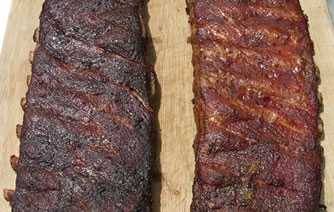
Frequently Asked Questions
What’s The Taste Difference Between Charcoal And Gas Grills?
Charcoal grills impart a smokier flavor due to the combustion of charcoal. Gas grills cook cleaner, without the smoky taste, as they use propane or natural gas.
How Do Charcoal And Gas Grills Affect Cooking Time?
Charcoal grills take longer to heat up, often requiring 20-30 minutes. Gas grills heat up almost instantly, making them quicker to start cooking.
Are Charcoal Grills More Expensive Than Gas?
Charcoal grills are generally less expensive upfront compared to gas grills. However, the cost of charcoal can add up over time, potentially balancing out the initial savings.
Which Is Easier To Maintain, Charcoal Or Gas Grills?
Gas grills are easier to clean and maintain. They don’t have ash residue like charcoal grills, which require more frequent cleaning to remove ashes and leftover debris.
Conclusion
Choosing between charcoal and gas grills depends on your cooking style. Love smoky flavors? Charcoal might be your match. Prefer convenience? Go for gas. Each grill offers a unique taste and experience. Think about what matters most to you. Taste?
Ease? Speed? Decide what’s best for your backyard barbecues. Grill enthusiasts can find joy in both options. Embrace your preferred grilling method and enjoy delicious results every time. Happy grilling!
